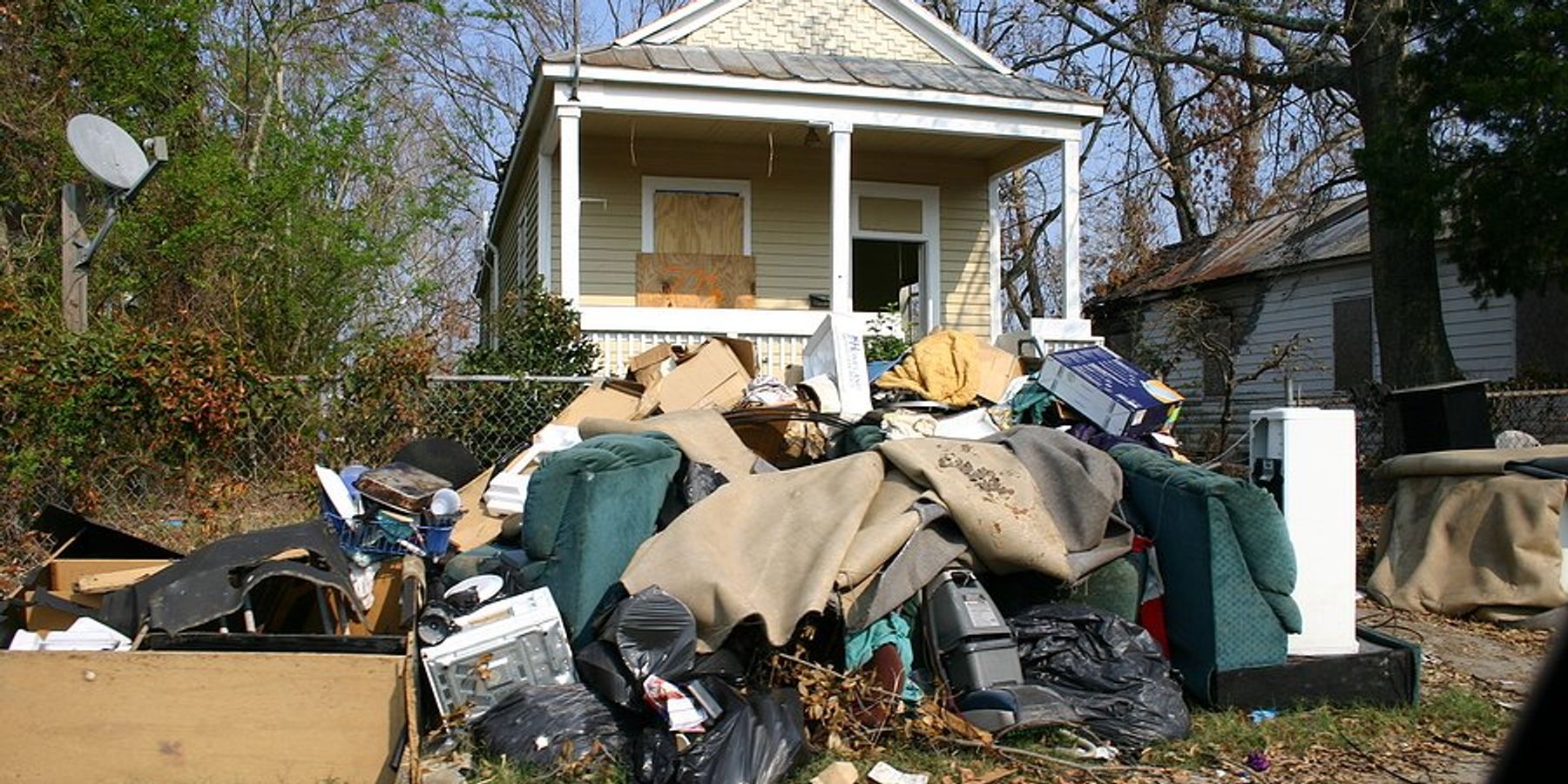
New Orleans children carry Hurricane Katrina’s trauma into adulthood
Two decades after Hurricane Katrina, adults who experienced the storm as children continue to struggle with emotional scars and a fractured sense of home, as climate threats to New Orleans persist.
Kathleen Schuster reports for Deutsche Welle.
In short:
- When Hurricane Katrina struck New Orleans in 2005, over 370,000 school-age children were displaced, thousands were reported missing, and many lost parents, homes, and community connections.
- Survivors like E’jaaz Mason and Arnold Burks, both 13 at the time, recount trauma that went unspoken for years; a Harvard study found one in six affected children developed lasting mental health issues.
- Despite post-Katrina infrastructure improvements, Louisiana’s coast continues to erode rapidly, and climate change is increasing hurricane risks while cuts to federal disaster agencies may leave future generations more vulnerable.
Key quote:
"Imagine someone just taking your brain and taking everything you know, shaking up your head, shaking up your memory, shaking everything, and then ripping it away. And putting it back after it was destroyed."
— Eric Griggs, vice president of Access Health Louisiana
Why this matters:
Disasters can permanently affect the minds and health of those who survive them, especially children. Hurricane Katrina offers a stark example of how trauma and displacement ripple through generations, particularly in under-resourced Black communities that bore the brunt of the storm. In the years since, rising sea levels and increasingly violent storms have placed New Orleans and other Gulf Coast cities in the path of repeated disasters, while ongoing erosion strips Louisiana of vital wetlands that once buffered storm surges. Cuts to emergency response infrastructure and weather forecasting agencies further heighten risk, raising concerns that the failures of 2005 could repeat. The children of Katrina are now adults, and their stories raise hard questions about what, if anything, has changed.
Learn more: Exploring the link between prenatal stress from natural disasters and child psychiatric conditions













